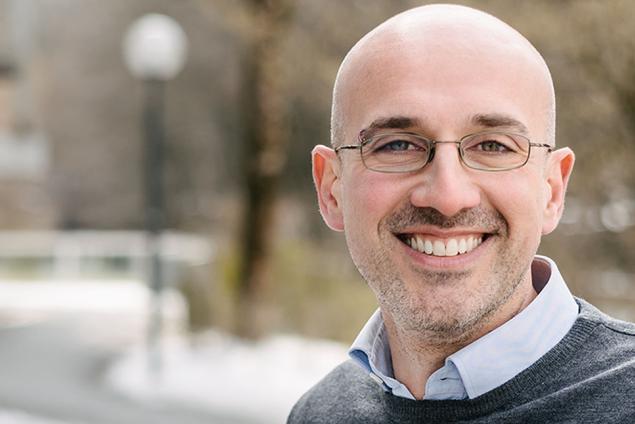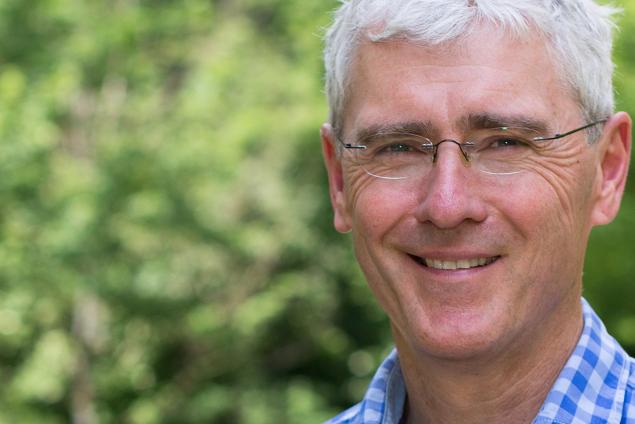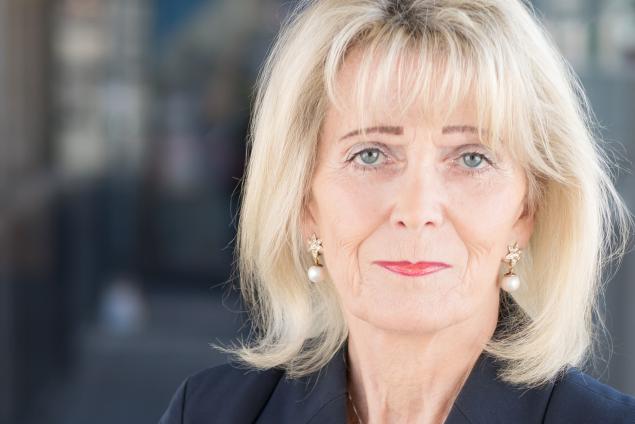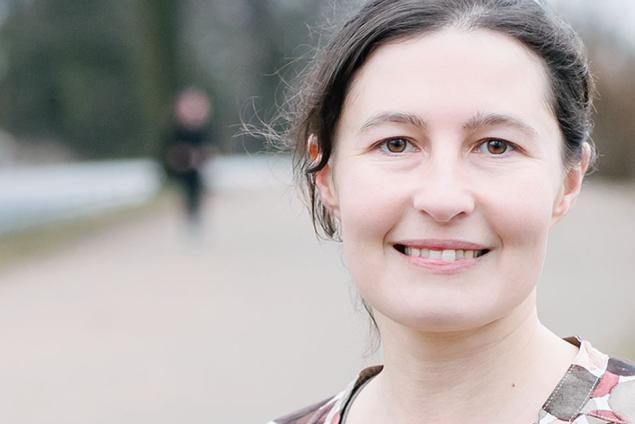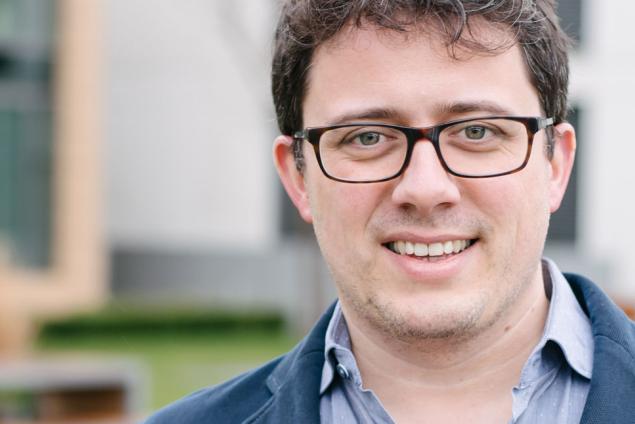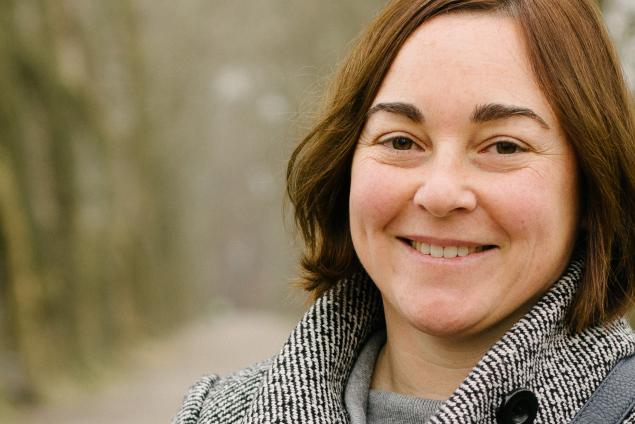Scroll to Section:
Behavior is flexible and we can adapt it according to certain needs or particular contexts. ILONA GRUNWALD KADOW and her team are interested in the underlying neural mechanisms in the brain and also the genes that allow us to exhibit flexible behavior. As Grunwald Kadow explains in this video, they used fruit flies (Drosophila melanogaster) and genetic methods in their experiments. Their findings suggest that internal state and context indeed change the way sensory information is processed at different levels in the brain. This combination of sensory changes and higher brain changes seems to be really effective in changing the fly’s behavior and allows flexibility. This appears to be a general mechanism that may also explain why human behavior is flexible.
DOI:
https://doi.org/10.21036/LTPUB10456
Institution

Technical University of Munich (Technische Universität München)
"Technische Universität München (TUM) is one of Europe’s top universities. It is committed to excellence in research and teaching, interdisciplinaryeducation and the active promotion of promising young scientists. The university also forges strong links with companies and scientific institutionsacross the world. TUM was one of the first universities in Germany to be named a University of Excellence. Moreover, TUM regularly ranks among the best European universities in international rankings." ( Source )
Show more
Original publication
Ionotropic Chemosensory Receptors Mediate the Taste and Smell of Polyamines
PLOS Biology
Published in 2016
Neuropeptides Modulate Female Chemosensory Processing Upon Mating in Drosophila
PLOS Biology
Published in 2016
A Higher Brain Circuit for Immediate Integration of Conflicting Sensory Information in Drosophila
Current Biology
Published in 2015
Reading recommendations
Essential Role of the Mushroom Body in Context-dependent CO₂avoidance in Drososphila
Current Biology
Published in 2013
Hybrid Neurons in a MicroRNA Mutant Are Putative Evolutionary Intermediates in Insect CO2 Sensory Systems
Science
Published in 2008
Beyond
A Ground-breaking Scientific Revolution
An Alarming Challenge for Society
If I Had a Second Life
A Personal Reading Recommendation
